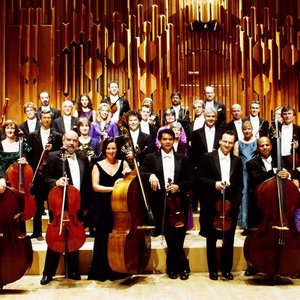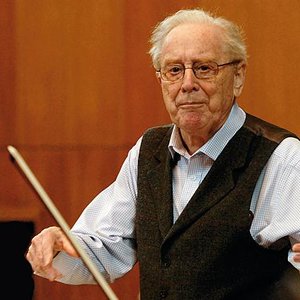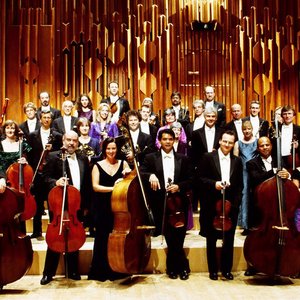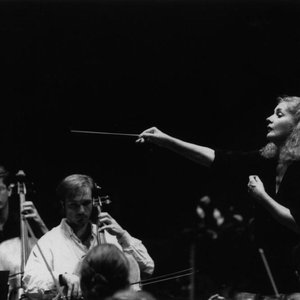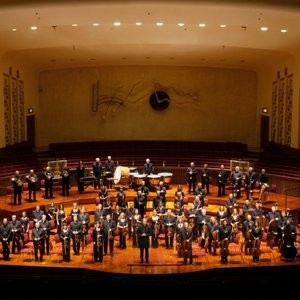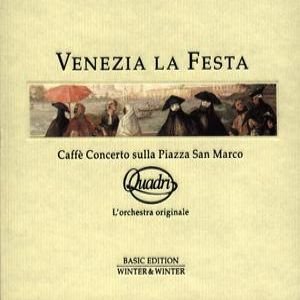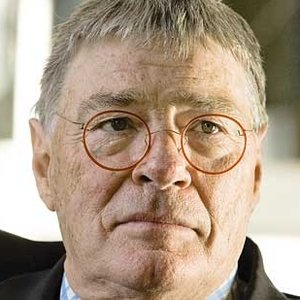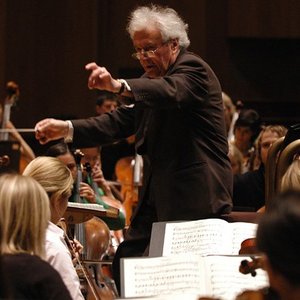Biography
-
Born
21 April 1991
-
Born In
Wien, Austria
-
Died
21 April 1991 (aged 0)
Willi Boskovsky (16 June 1909 – 21 April 1991) was an Austrian violinist and conductor, best known as the long-standing conductor of the Vienna New Year's Day Concert.
Willi Boskovsky was born in Vienna, and joined the Vienna Academy of music at the age of nine. He was the concertmaster of the Vienna Philharmonic Orchestra from 1936 to 1979. He was also, from 1955, the conductor of the Vienna New Year's Concert, which is mostly devoted to the music of Johann Strauss II and his contemporaries. Along with the Vienna Philharmonic Orchestra, he was also the chief conductor of the Wiener Johann Strauss Orchester up until his death. A forerunner of this ensemble was the 19th-century Strauss Orchestra founded by Johann Strauss I in 1835. He died in Visp, Switzerland.
In chamber ensemble he led the Boskovsky Quartet with Philipp Matheis (2nd violin), Gunther Breitenbach (viola) and Nikolaus Hübner (violoncello). The Boskovsky Quartet, together with Johann Krump (double-bass), Alfred Boskovsky (clarinet), Josef Veleba (horn) and Rudolf Hanzl (bassoon) formed the Vienna Octet. These ensembles made several famous recordings (see below).
Boskovsky was also a dedicated and inspired Mozart performer: he recorded all the sonatas for violin and piano, with pianist Lili Kraus, and the complete trios for violin, piano and cello, with Kraus and Nikolaus Hübner. Moreover, he played in Brahms' Concerto in A-minor, Op.102, with Wilhelm Furtwängler conducting the Vienna Philharmonic.
His style appealed to many Strauss listeners as he directed Strauss' music in the manner of the "Vorgeiger", i.e. directing the orchestra with the violin just as Johann Strauss I popularised this form of conducting waltzes, polkas and other dance music alongside Strauss' rival Josef Lanner in the early 19th century. This tradition was also carried on by Johann Strauss II and Josef Strauss after their father's death. Boskovsky was extremely sympathetic to the Strauss style, and his renditions of the Strauss works invariably had the lightness of touch, easy grace, and subtle humor that suit the works to their best advantage. Apart from the Strauss family waltzes, Boskovsky recorded a 10-album cycle of the complete Mozart Dances and Marches, leading what Decca called the Vienna Mozart Ensemble (assorted members of the Vienna Philharmonic). Many of these recordings were included on the Philips/Polygram Complete Mozart series of CD's issued in the 1990s.
Boskovsky's New Year's Day 1979 concert was recorded live by Decca, the first commercial use of their proprietary PCM digital system. The resulting 2-LP set was well received. Quoting Gramophone magazine: "This is a riotous issue … the first recording to be manufactured and released in the UK utilizing digital recording … astoundingly vivid and atmospheric … the results are phenomenal." The album was most recently released as part of the Decca Legends series, remastered in 96k/24-bit PCM.
Artist descriptions on Last.fm are editable by everyone. Feel free to contribute!
All user-contributed text on this page is available under the Creative Commons Attribution-ShareAlike License; additional terms may apply.

